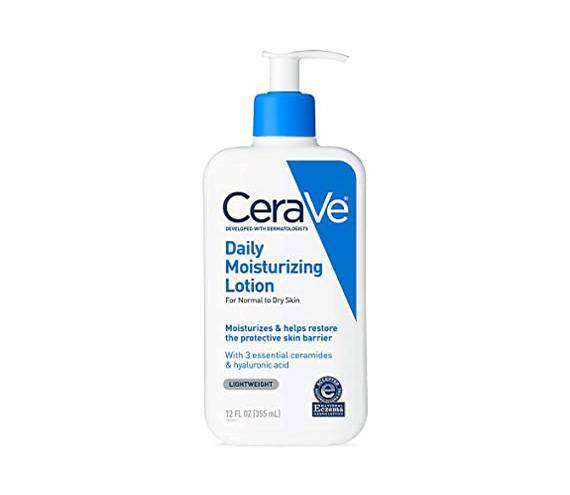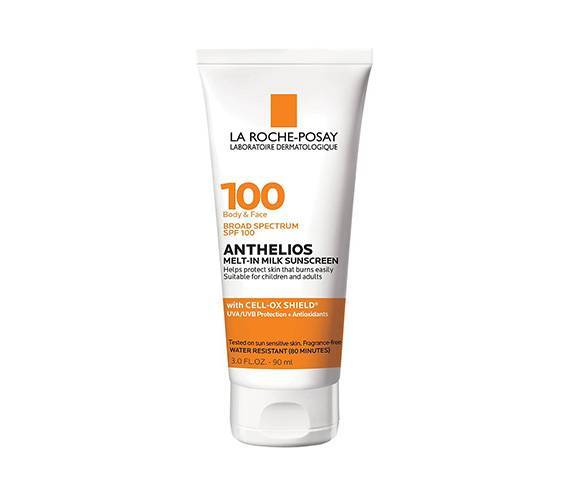Dry Healing vs. Wrap Healing Your Tattoo: Which Is Best for You?
January 27, 2022Thinking about getting a new tattoo? Or, perhaps you’ve already taken the plunge and got the ink you’ve been wanting for years. Whatever the case may be, you need to make sure you properly care for it. What’s the best way to care for your tattoo so that it properly heals, though? We consulted with Dr. Karan K. Sra, a Texas-based board-certified dermatologist and Skincare.com consultant, to find out.
Dry Healing vs. Wrap Healing Your Tattoo
When it’s time to care for a new tattoo, there are typically two methods to choose from: dry healing or wrap healing. “Dry healing means letting the skin be exposed to the open air,” says Dr. Sra. “Wrapping, on the other hand, means the skin is usually under occlusion with petroleum jelly or ointments.” As for which method you should use, it’s best to consult your tattoo artist for tattoo aftercare tips and contact your healthcare professional if you have any concerns.
After getting a new tattoo, it’s very important not to scratch or pick it, so if you tend to do so, wrap healing may be a better option for you as it will cover up the art. Dry skin types may also prefer the wrap healing method for its moisturizing benefits.
6 Post-Tattoo Tips to Follow
Caring for a tattoo typically depends on its size. But regardless of how large or small it is, the tips below can help with the healing process.
Tip 1: Moisturize Your Tattoo
Apply a water-based lotion or cream to your tattoo to keep it moisturized — it’s never a good idea to leave your fresh new ink susceptible to dryness. “Moisture will help the skin to heal faster and keep scabs from forming,” Dr. Sra says. We recommend using the Cerave Daily Moisturizing Lotion multiple times a day to keep your freshly-tattooed skin well hydrated.

Tip 2: Wear SPF
It’s super important to protect your tattoo from the sun with SPF because UV rays are notorious for fading the appearance of ink. Before heading outdoors, protect your tattoo (and all areas of exposed skin, for that matter) with a broad spectrum SPF of 30 or more and reapply at least every two hours, in addition to taking other sun protection measures. Typically the higher the SPF level the better for fresh tattoos — try using the La Roche-Posay Anthelios Melt-In Milk Sunscreen SPF 100.

Tip 3: Avoid Tanning Beds
The lights in tanning beds can fade tattoo ink, just like the sun’s rays. And, they can also increase your risk of developing skin cancer and visible signs of skin aging. Avoid tanning beds when possible.
Tip 4: Don’t Touch Your Tattoo
Avoid scratching and picking your tattoo. Just like you’d handle a pimple, you should keep your hands off of your new ink and never pick it or you run the risk of scarring or irritating the area.
Tip 5: Avoid Swimming
Bodies of water are a no-go while your tattoo is healing. Steer clear of hot tubs, pools, rivers, oceans and lakes for a few weeks, or as long as directed by your tattoo artist.
Tip 6: Avoid Tight Clothing
Try avoiding clothes that could stick to your tattoo as they can cause additional irritation.
Editor’s note: While the information listed above can certainly serve as a guide, it shouldn’t be used in place of the advice from a professional tattoo artist or your healthcare professional. Immediately after getting a tattoo, be sure to get the proper advice on how long to care for your tattoo, what to clean it with and the types of lotions you should use in the short- and long-term.
Photo: Chaunte Vaughn
Read More:
The Best Lotions and Ointments for Tattooed Skin